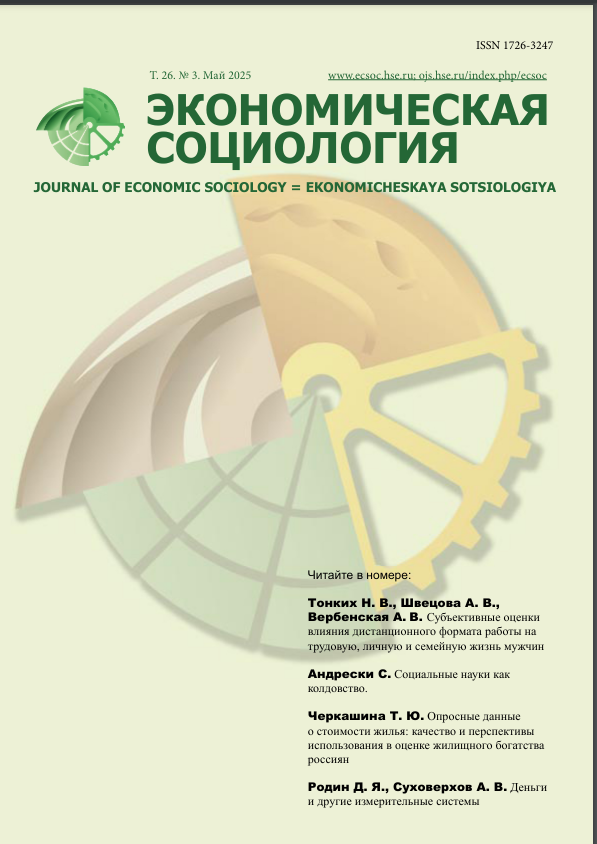“Just Got Lucky”: Luck as a Social Mechanism for Ensuring Class Equality
Book Review: Streib J. (2023) The Accidental Equalizer: How Luck Determines Pay after College, Chicago: University of Chicago Press. 256 p
Abstract
One of the common views on American higher education is its perception as a “great equalizer”: it is believed that American universities provide access to broad economic opportunities even for class-disadvantaged students. But what if, in fact, equality in the starting salary of American graduates is not due to university studies, but... simple luck? The book by Jesse Streib, Professor of Sociology at Duke University, “The Accidental Equalizer: How Luck Determines Pay after College” presents an unconventional view of the problem of class inequality. Based on the materials of 172 interviews with graduates of one of the southern universities, employers, hiring specialists, as well as observing career events at the university, Streib introduces the reader to the hidden equalization system of the United States operating in the labor market of medium-sized enterprises — luckocracy. Luckocracy is based on two mechanisms: class-neutral criteria for the selection of applicants, as well as the changeable and opaque nature of information about the “rules of the game” in the market. In a luckocracy, accumulated capital and class origin turn out to be insignificant – applicants operate in a situation of radical uncertainty, in which it is impossible to use available resources to develop optimal employment strategies. This review examines in detail the features of luckocracy functioning. The emphasis is placed on the fruitfulness of the sociological conceptualization of luck, which makes it possible to consider it not as an “accident”, but as an effect of social relations. It is argued that the concept of luckocracy presented by Streib runs counter to the classical theses of economic sociology on the importance of social connections for obtaining market advantages.













